Top10 Podcasts on Foreign Policy
Podcasts are a fantastic way to keep up with current events and help make sense of what is happening around the world. These are our favourites.
For reasons I do not quite understand, listening to podcasts feels to me more like reading a book than like watching a movie. It is an excellent means to access information, insights from experts, and even inspiration, with the advantage that they allow you to learn at the same time as you are doing other things that do not require your full attention, including exercising. So there you are, podcasts are even good for your health.
Not all the podcasts I have selected focus specifically on International Relations; some of them are on modern History, others on Economy or Psychology, but I believe that all provide valuable background for both practitioners and students of Foreign Policy.
Without further ado, drumroll, please, we now give you VerbalNotes Top10 Podcasts. Let us know if you agree or would add others:
1. The World in 30 minutes: this Podcast from the European Council on Foreign Relations (ECFR) consists of thematic episodes addressing one topic in depth per week; recent editions have included of course Ukraine and Gaza, but also global public opinion or the regulation of tech. At the end of each conversation, a bookshelf section shares what the host and guests are reading. All seem to be permanently absorbed by thick and extremely brainy hardcovers!
2. Foreign Affairs Interview is somehow a spin-off from the mothership publication, based on dialogues with the authors that recap and often expand articles featured in the magazine. Often the interviews are more informative and direct than the articles themselves.
Also from well-established institutions focusing on International Relations, you may want to check the podcasts from the Carnegie Council or the Council on Foreign Relations, who offer recordings of their events, including the often stimulating Q&A sections.
3. Pod Save the World: A long, weekly podcast on international current events, from the perspective of Ben Rhodes, former speechwriter for President Obama. A very wide scope, covering anything from Armenia to Zimbabwe with an informal and blunt tone. The show includes interviews with relevant actors, mostly from the Democratic party, including Secretary Blinken, Former Secretary Kerry, or author Yuval Noah Harari.
For an alternative local viewpoint on current events from the Middle East, you can go to Al Jazeera’s The Inside Story.
4. The Mediator’s Studio, managed by the Center for Humanitarian Dialogue offers surprisingly candid and insightful interviews with peacemakers involved in the most sensitive and consequential negotiations around conflicts, including in Afghanistan, Syria or Yemen. Some of the episodes focus on specific conflicts, while others are more thematic or review the whole career of seasoned mediators.
Along the same lines, The Negotiators also brings the practical experience of dealmakers, although with a wider scope, including non-international processes like ending strikes or managing gang violence.
5. Ones & Tooze: although this podcast is produced by Foreign Policy, it does not focus on International Relations in general, but rather on their economic dimensions. With an amazing wealth of data and information, it can feel sometimes overwhelming, but listening to Adam Tooze and his truly incredible mastery of very complex realities always provides stimulating food for thought. Not a podcast to be listened to without your full attention…
6. Hold your Fire is the podcast of the International Crisis Group (ICG), an independent organization dedicated to conflict prevention, formed by a Dream Team of experts and former policymakers. The podcast offers insights, often from the field, on major or forgotten conflicts, with the contribution of their specialists and a policy-oriented approach. Indispensable to understand conflict in general as well as individual conflicts.
7. War on the Rocks focuses on military matters, with several channels dealing with specific topics, like Russia, Geopolitics, or Nuclear strategy. Although some of these shows are behind a paywall (membership offers a lot of additional material, written and audio) many are freely accessible.
8. The Ezra Klein Show: This brilliant program from the New York Times is not dedicated to international relations per se, but many of the topics it addresses have a very direct impact on global issues. Its approach to the war in Gaza has been particularly empathic and clear-eyed, bringing in representatives (not always moderates) from both sides. His take on Tech (Artificial Intelligence, chip making, …) is also deep and thoughtful, but at the same time accessible and entertaining, thanks to the host’s ability to distill the best of this brilliant guests.
9. Empire: Probably the best Podcast on modern History; with a touch of very British humor and self-deprecatory stiff upper lip, it offers a vision of History from the perspective of the different empires. Over 100 episodes of around one hour provide a bird’s eye view of world History, with a surprising level of detail and life. Particularly remarkable are, among others, the chapters on the Sykes-Picot Agreement (with the image of both seating around a table with a map and a “box of crayons” to divide the Middle East), the tragic Retreat from Kabul, (one of History’s best known military blunders, where, according to legend, out of 15.000 only one survived) or Lawrence of Arabia.
Other similar historic podcasts include Real Dictators, with a detailed and vivid look at the biography of Autocrats and their politics.
10. Revisionist History is hosted by Malcom Gladwell, author of The Tipping Point and Blink, among other bestselling essays. Its stated objective is to examine overlooked or misunderstood events from the past, and it consistently proposes truly original and inspiring perspectives on anything from how to prepare for a debate to Disney movies’ approach to Law and Justice.
Other podcasts that offer outstanding thinking and fresh perspectives to different aspects of societies include Freakonomics Radio, applying economic principles to everyday issues, and Hidden Brain, aiming more at psychology and human behavior.




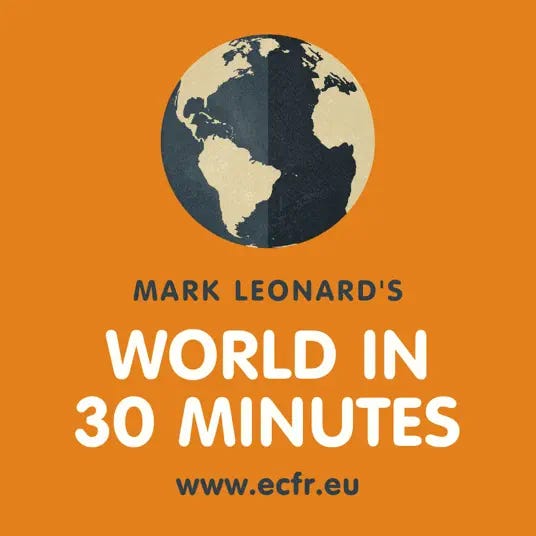
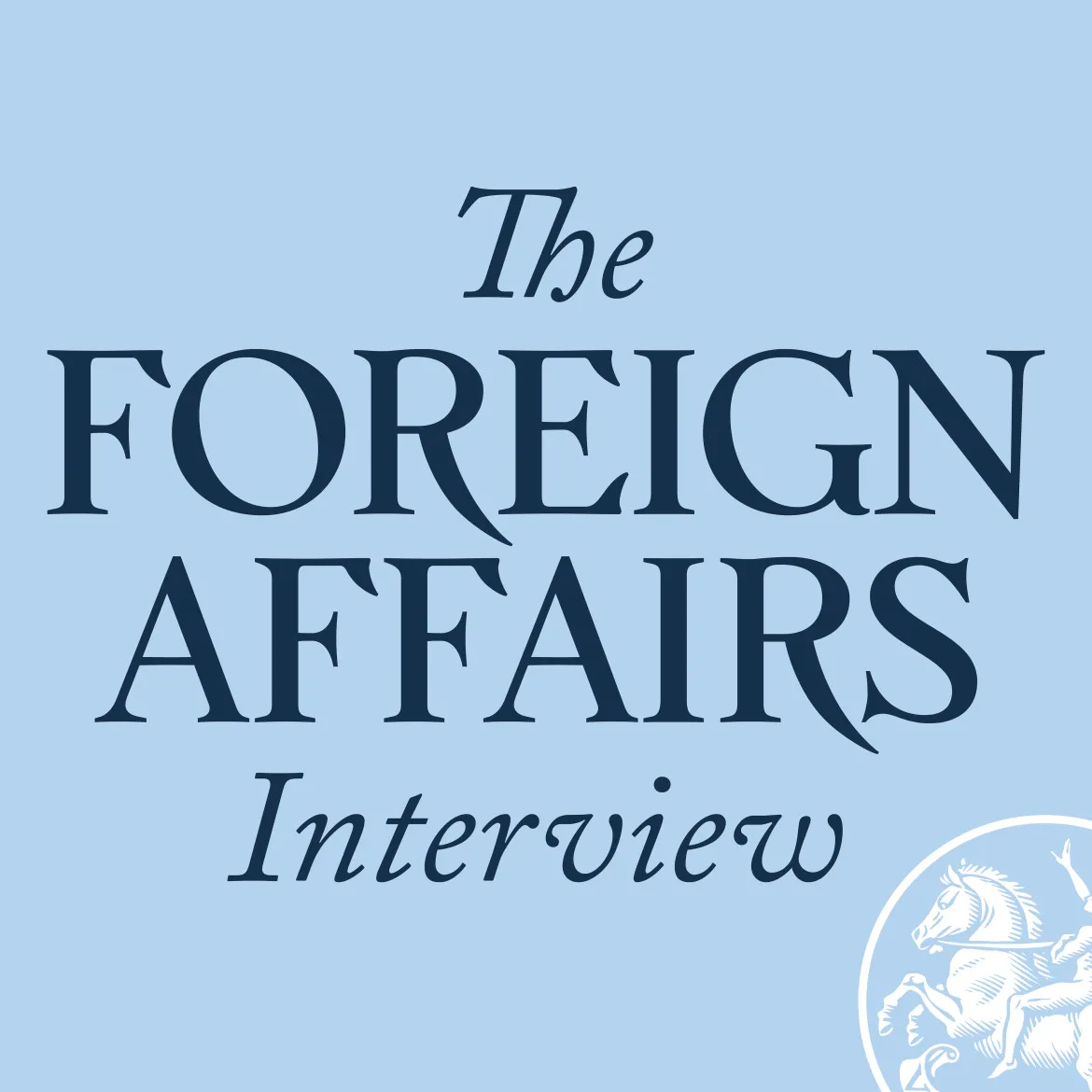
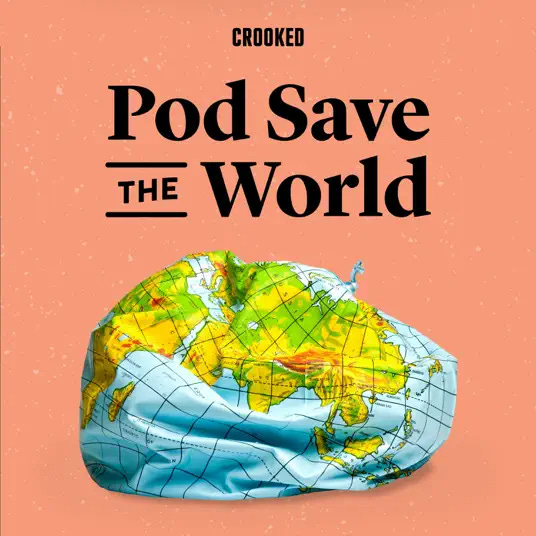
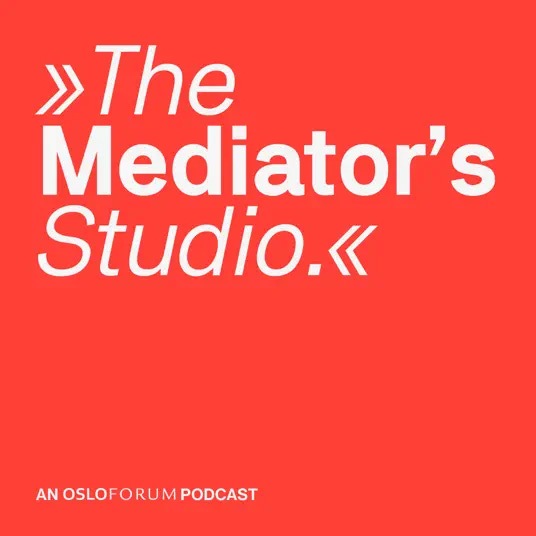
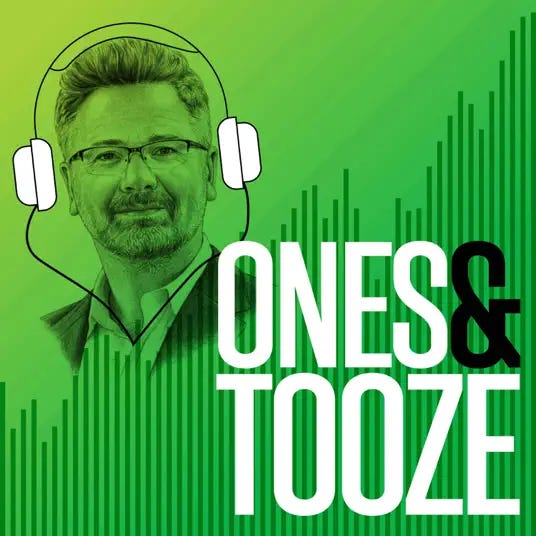



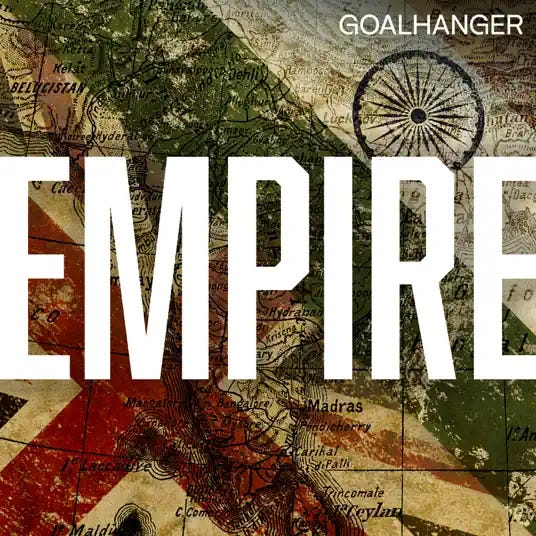

Great list 👌🏻